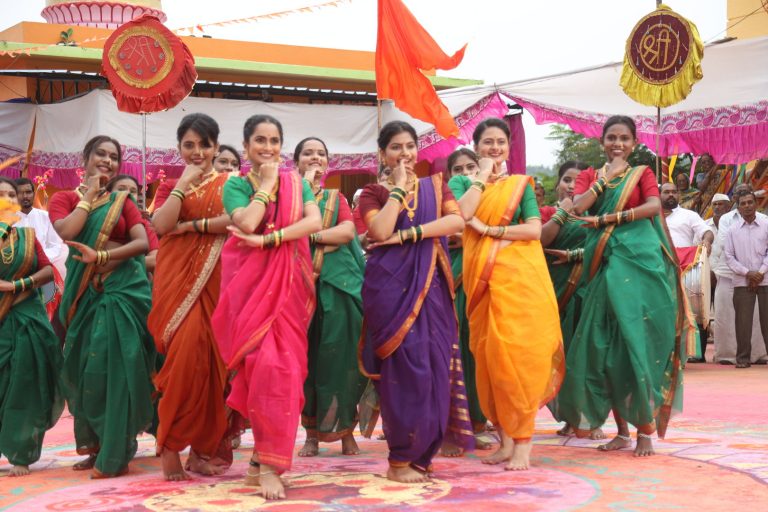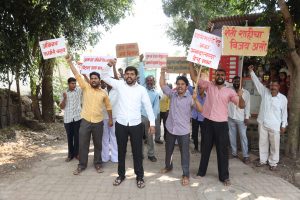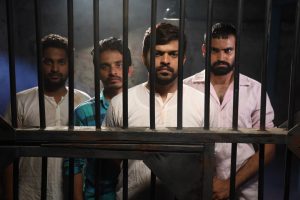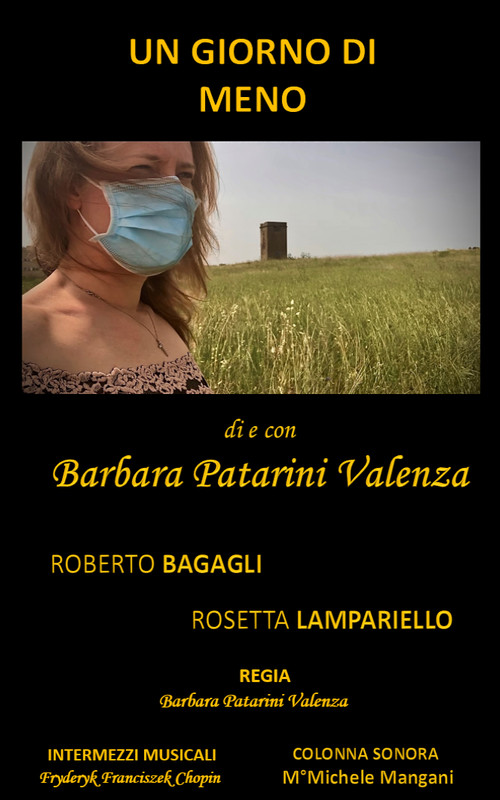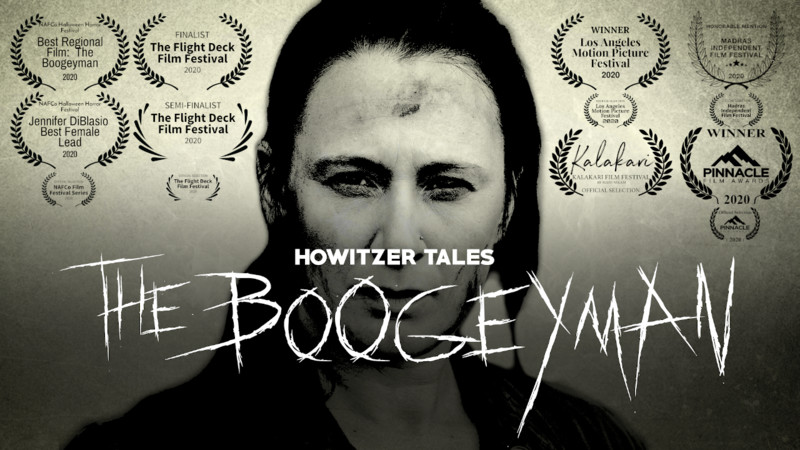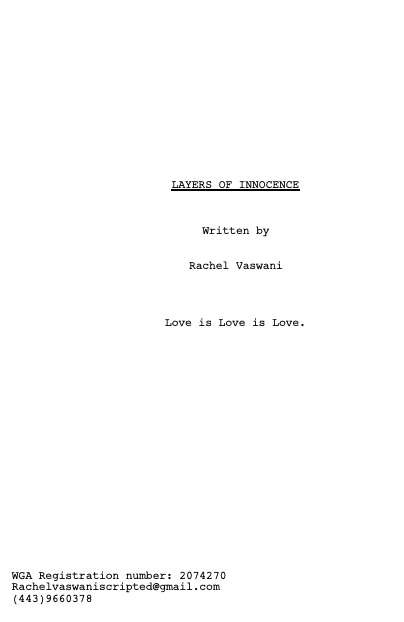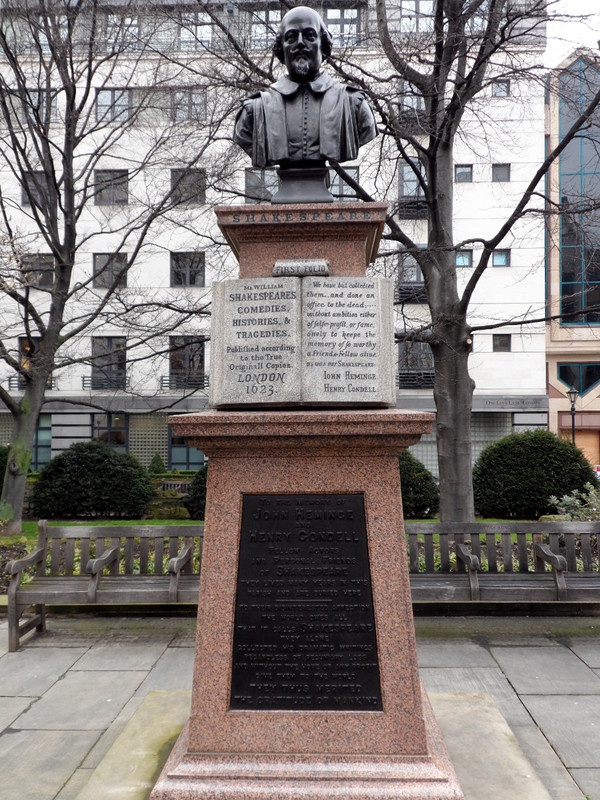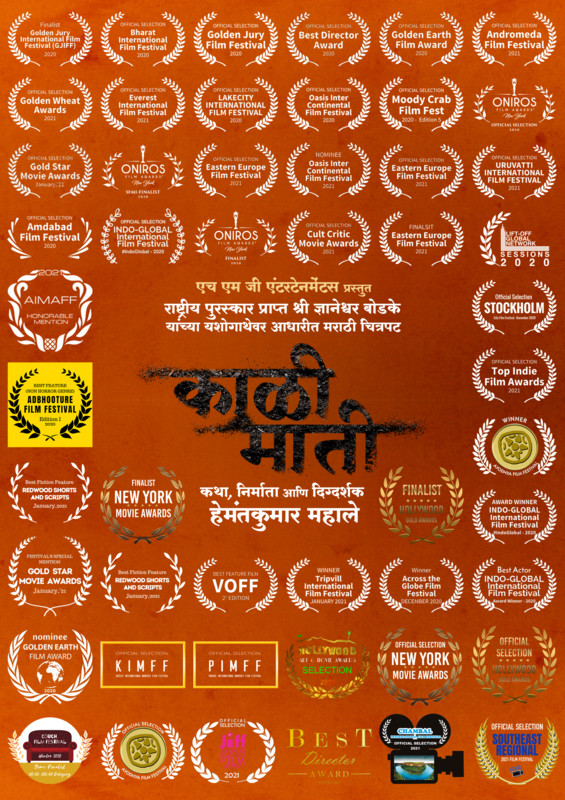
The small farmers of India are a miserable lot. For the vast majority of them, agriculture is part of the family tradition that has been handed down generations as much as a means of livelihood. A few bad crops and few losses do not deter them, and they always sow the next season with renewed vigour and determination. But for many years now, they have suffered on various fronts. Agricultural loans gone bad, an outdated farming methodology, a government that is deaf to their pleas, unscrupulous middlemen who grow fat at their cost and landgrabbers enticing them to give up their lands for instant gains have made their plight so miserable, that a salaried job is considered a safer option by the younger generation of the community. Mr Dnyaneshwar Bodke is a young farmer who has broken free from these shackles by his grit and determination and his love for his land and people. Hailing from a poor farming family, circumstances force Dnaneshwar to discontinue his studies at a young age. Having seen his father and other farmers from the area suffering, Dnaneshwar is forced to believe that farming is not a financially profitable endeavour until he reads about a farmer who uses modern farming methods to reap profits. Dnyaneshwar meets the farmer and overcoming numerous hardships from all quarters, he soon proves to his naysayers that if done right, agriculture is both noble and profitable.
‘Kaali Maati’ is a narrative feature from director Hemantkumar Mahale. Hemanth gives us a biopic of the accomplished and awarded farmer Dnaneshwar Bodke who has revolutionised new-age farming in Maharashtra and spearheaded the initiative to spread this revolution across the country. A fitting tribute to the achievements of Mr Bodke, the director pays tribute to the fertile black soil of Maharashtra, an agricultural state in western India, and the farmers who fight all odds to continue with their noble occupation despite being shamelessly exploited by those around them. Complete with song and dance, ‘Kaali Maati’ is as much a wholesome entertainer as it is a scrutiny of the plight of farmers today. The film should serve as a beacon of hope for those who want to consider agriculture as a viable career choice in the years to come.

